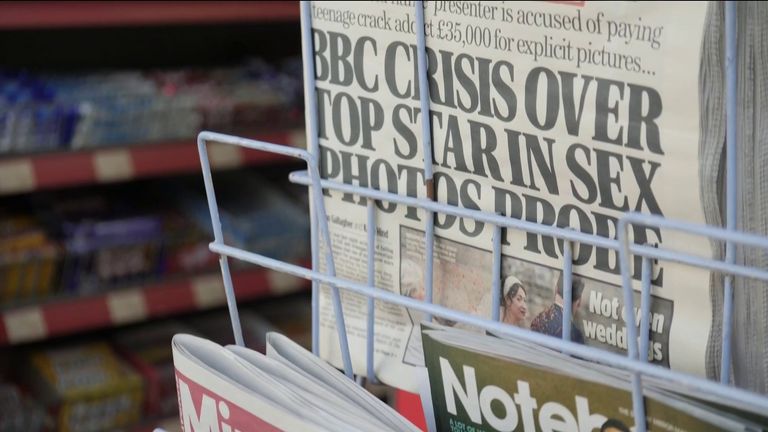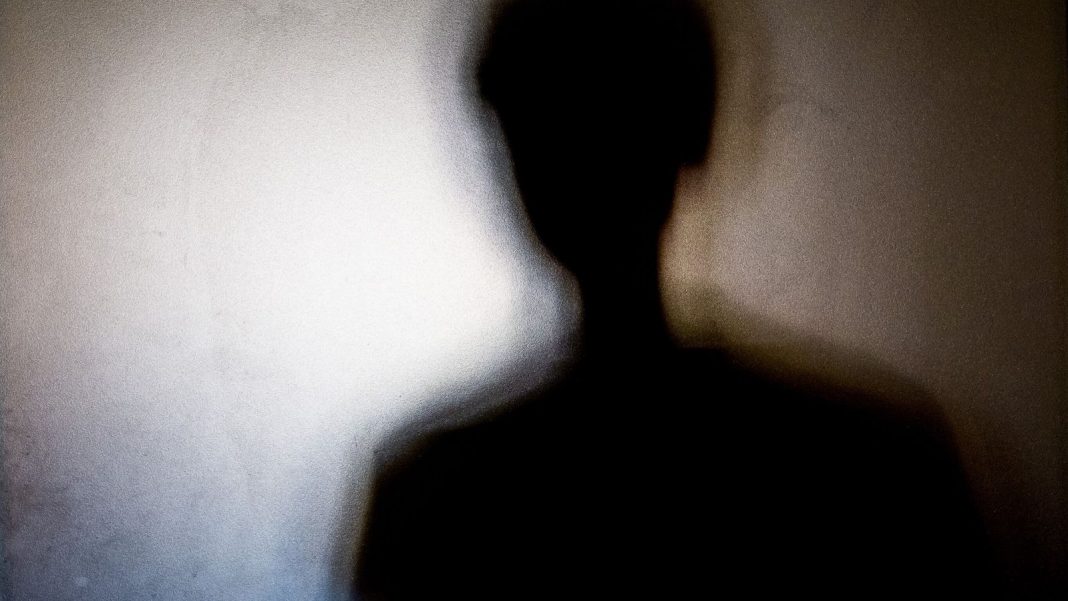Since the news broke on Friday that a major BBC star had allegedly requested explicit pictures from a then-teenager in return for cash, many people have asked publicly, why his name has not been released.
The answer is complex, and invokes legal and editorial issues for news outlets in the UK.
One of the key considerations is that the allegations made in The Sun newspaper are just that – allegations.
It is not clear whether evidence has been seen by The Sun, and if it has, what that evidence is and who has supplied it.
Even then, other outlets, including Sky News, have not seen any evidence and would be relying on The Sun’s reporting.
It is also unclear if any laws have been broken, without knowing the content of the alleged photographs, and when exactly they were sent.
And for the BBC, bosses will obviously know who the man at the centre of this is, as they have suspended them, but even still, they will want to thoroughly investigate the allegations before releasing his name.
In an email to staff, director-general Tim Davie said the BBC was taking the allegations “incredibly seriously”.
He added: “By law, individuals are entitled to a reasonable expectation of privacy, which is making this situation more complex.
“I want to assure you that we are working rapidly to establish the facts.”
Please use Chrome browser for a more accessible video player

3:00
BBC suspends unnamed presenter
Read more:
Everything we know about the claims
BBC must ‘get a grip’ after new allegations
For other outlets, the UK has fairly strict defamation laws, which protect individuals against harm, reputational or otherwise, caused by things that have been said about them which turn out to be false.
Getting it wrong could ruin a person’s career, personal life and relationships – so there is significant risk to naming the man involved in this scandal, ethically, editorially and legally.
Even inference or innuendo, whether intentional or not, could also cause problems.
It is worth adding that laws around defamation do not just cover journalists, but everybody, so social media users posting online who they believe may or may not be involved, can still face legal action.
Nicky Campbell is among the presenters at the BBC who have already indicated they may involve the police, after people falsely named him as the person involved in this crisis on Twitter.
Usually in journalism with stories related to crimes or involving police, outlets would not name someone involved in a crime until they have been charged – though there are exceptions to this.
This is because if they are released and the case is dropped, the damage has already been done to the person named.
When a person is charged, it is an indication that the police are confident, or at least has evidence, of someone’s guilt.







